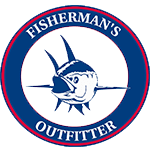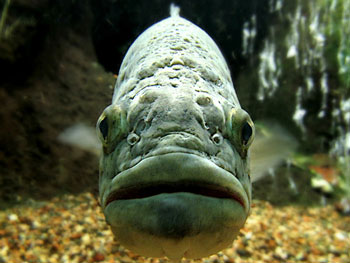Tuna Fishing in New England
October 11, 2011Fish Facts: Getting to Know the Tarpon
October 15, 2011Walk into any sporting goods or fisherman’s outfitter store and there will be an immense fishing tackle section. You will see, among other fishing equipment and accessories, rods, reels, lures, tackle boxes, nets, and boots. A woman or man who’s been bitten by the fishing bug could spend an entire year’s earnings without leaving the aisles!
All of which brings us to the natural question: How is the fishing enthusiast supposed to take it all in and then make an informed decision about what she or he needs? There’s no one perfect answer, of course, which is why we’ve written up three tips to help you get your money’s worth when you’re shopping for fishing equipment.
Tip 1: Know what type of fish you want to catch. The type of equipment you will need to catch a small mouth bass while standing at the water’s edge will be quite different than what you need to land Bluefin tuna on a boat. The small mouth bass will be happy to bite on a bamboo pole, stationery line, and a wiggly night crawler. The tuna… she’ll take some more planning and some heavy duty gear.
Tip 2: Know where you will find the fish you want to catch. Whether it’s standing on the bank, standing on the boat, sitting on a rock, or wading knee deep in the stream, you’ll be shopping for gear that’s venue-specific. Some scenarios require live bait, some artificial, some light-weight flies for casting. Specialty clothing is sometimes involved. If you can’t answer the question of where you will be, you need to head to the library before you buy any tackle.
Tip 3: Know your budget. Once you have figured out what fish you will be after and where you will be when you catch it, sit down and calculate exactly how much you’re willing to spend and on what. Do you need waders? Do you need a casting rod and reel? Will a charter boat supply some of the gear you need? List everything. Go online and estimate the cost of each item you are considering buying. Keep in mind that each piece of tackle comes in several quality levels. Choose wisely and within your budget.
When you have done your homework, go to a fishing outfitter that specializes in the type of fishing you want to do. Ask questions and listen to the answers. The specialists there can give you the advice you need to have everything in place before you ever put a hook in the water.

